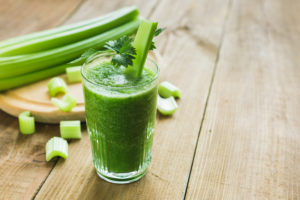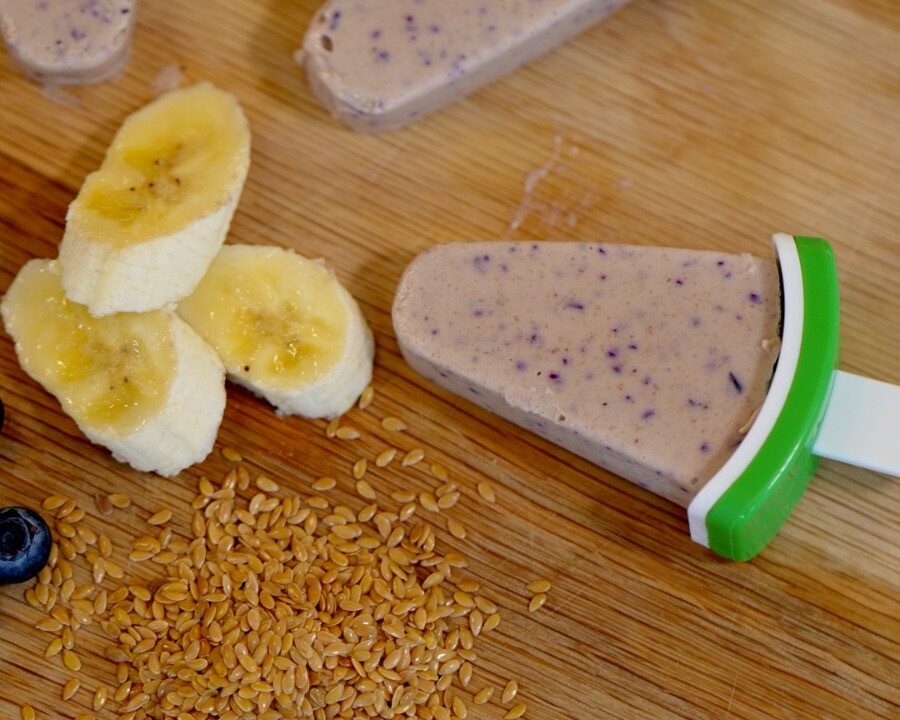While juicing is nothing new to the health and wellness industry, the unprecedented take-off of celery juice has turned the water-filled, low-calorie vegetable into an overnight sensation. Celery juicing has driven the average price of a carton of celery juice from just $20 at the start of 2019, to more than $60 in early April, per Produce Retailer.
The popularity of celery juicing can be largely attributed to “medical medium” Anthony William, who recently published his book “Celery Juice: The Most Powerful Medicine of Our Time Healing Millions Worldwide.” He advises drinking 16 ounces of celery juice each morning on an empty stomach.
Alongside celebrity endorsements, William has gained widespread fame, spurring hundreds of thousands of #CeleryJuice hashtags on Instagram.
Williams has been touting celery juice since the 70s, citing its ability to address “all manner of ills—mental, physical, spiritual, emotional” because celery juice is “alkalizing, enzyme-rich, electrolyte-enhancing, liver-repairing, blood-sugar-balancing, antiseptic and more,” he says. He attributes the elixir’s ability to heal to “undiscovered sodium subgroups,” or “sodium cluster salts,” which he says cannot be obtained by eating whole celery, and flushes out toxins, dead pathogens, pathogenic neurotoxins and debris from the body, per Mind Body Green.
Celery juice enthusiasts rave about how their morning ritual has cleared chronic health issues such as brain fog, anxiety, Crohn’s disease, joint pain and multiple sclerosis.
While there is no shortage of booming reviews on celery juice, since the reviews are anecdotal, largely based on personal experiences shared online, some skeptics demand more controlled research on celery juicing before making any big claims. That said, there is supportive research on the phyto-chemicals in celery, which have been shown to help reduce blood pressure and inflammation, and fight against oxidative stress, as noted by HealthLine.
Choosing celery juice in place of a higher-calorie, or more sugar-dense drink, smoothie or snack could also help individuals shed pounds, achieve clearer skin, and curb their appetite.
Celery juice itself contains Vitamins A, B-2, B-6, C and K, as well as folate, calcium, potassium, sodium, magnesium, phosphorus, electrolytes, water and other vitamins and minerals. Given its electrolyte content, and the fact that celery is 95% water, drinking it absolutely aids in hydration — which has its own multitude of benefits.
Few studies have looked into whether celery juice itself improves one’s health. Rather, they have focused on the health benefits of specific nutrients in celery, particularly apigenin and luteolin, per Medical News Today.
Research suggests that these powerful antioxidants can help ease asthma and rhinitis, and may offer protection against certain brain diseases and neurodegeneration, as well as halt the growth of some types of cancer cells in animal studies, lower blood pressure and cholesterol levels, and improve cardiovascular health.
The chemical nutrients called phytonutrients contain the antioxidant and anti-inflammatory properties raved about online.
It’s important to note that when celery is juiced, it loses its fiber content, which provides a wealth of benefits for functions such as digestion and blood sugar stabilization.
Ultimately, the simple act of drinking the juice, widely believed to improve health outcomes, can spark the placebo effect, shown to sharpen focus and lift energy levels.
Critics note that the quick-fix mentality, while appealing to many, goes against the fact that there is no food in isolation that is a cure-all. Individuals should continue to eat a healthy diet, exercise regularly and consult their trusted nutritionists and registered specialists to address their unique situation.
While drinking the juice of a bundle of celery stocks a day likely won’t hurt you, most doctors recommend loading up on all types of fresh vegetables, including a diverse group of leafy greens.




